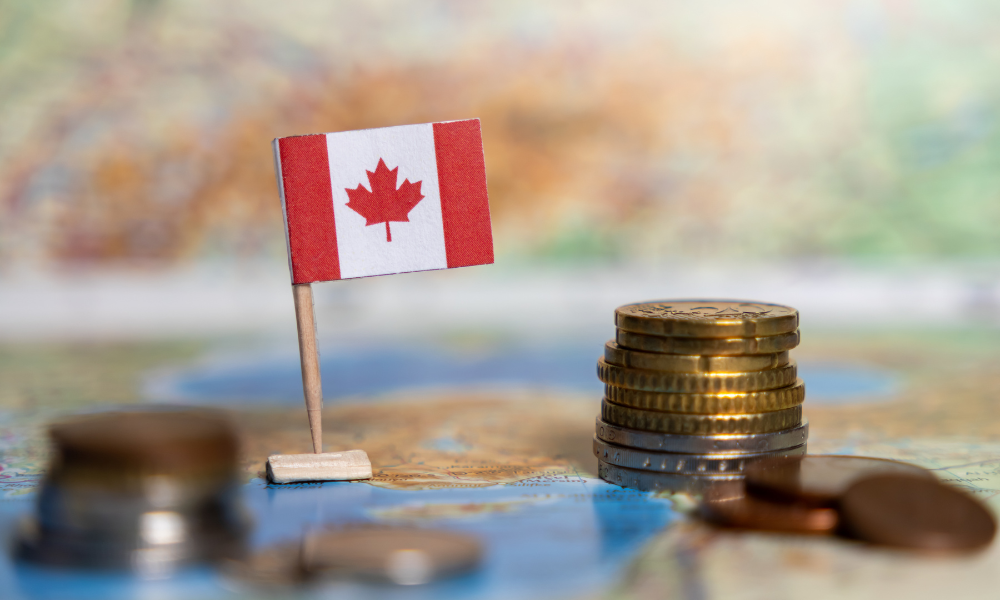Over half of Canadians feel financially paralyzed, with many turning to savings or debt to stay afloat

The RBC Financial Flexibility Poll – Winter Edition reveals that over half of Canadians feel financially paralyzed as rising costs erode their cash flow.
The majority (55 percent) report being unable to move forward financially, while 48 percent say they can no longer maintain their standard of living. Over one-quarter admit their finances are in a constant state of chaos.
The survey highlights deep financial struggles across the population. Nearly half believe they will never get ahead financially, and 47 percent find it difficult to plan for their financial future while struggling to manage everyday expenses.
Additionally, 44 percent worry they will eventually run out of money to live comfortably, and 18 percent already feel they have reached their financial limits.
Financial distress varies across Canada. In Atlantic Canada, 73 percent of residents report feeling financially paralyzed, the highest rate in the country.
Similarly, 64 percent of Atlantic Canadians spend their entire income on essential bills, compared to 43 percent in Quebec, the lowest rate nationally. Quebec residents are also less likely to feel financially paralyzed, with 47 percent reporting such concerns.
Generationally, Millennials are the most affected. 63 percent of Millennials feel financially paralyzed, and 56 percent say they cannot maintain their standard of living. Over one-third describe their finances as being in a constant state of chaos.
In contrast, Boomers are less affected, with 46 percent feeling financially paralyzed and only 16 percent reporting chaotic finances.
Half of Canadians are spending their entire income on essential expenses, while 47 percent are living bill to bill. To manage rising costs, nearly half have dipped into their emergency funds or retirement savings.
Additionally, 27 percent report taking on debt to cover basic needs, and 23 percent have asked family for financial support or moved in with relatives.
Millennials are particularly affected, with 54 percent using emergency or retirement savings and 35 percent relying on family support.
Gen X is also feeling the pressure, with 46 percent dipping into savings and 32 percent taking on debt. Boomers are comparatively less reliant on these coping mechanisms.
Many Canadians feel unprepared for unexpected expenses. Sixty percent say they lack the resources to cover unplanned costs, and 44 percent identify this as their biggest financial risk over the next year.
Millennials are the most concerned, with nearly 70 percent worrying about their ability to manage unexpected expenses. Regionally, residents of Saskatchewan and Manitoba report the highest levels of concern, while Quebecers are the least worried.
Craig Bannon, director of Regional Financial Planning Support at RBC, described the growing financial anxieties as unsurprising given the ongoing erosion of financial flexibility.
“As financial flexibility continues to erode, it’s not surprising to hear that Canadians are feeling anxious and uncertain about what steps they can take to try to find their footing again,” he said.
Bannon urged Canadians to seek professional financial advice, likening it to consulting a medical expert for health issues.
RBC offers Canadians free resources through its My Money Matters digital hub. The platform provides tools and advice to help individuals manage debt, address unexpected costs, and improve financial health.
Bannon also highlighted the availability of over 12,000 RBC advisors across the country, who can provide tailored financial solutions through in-person, online, or phone consultations.



